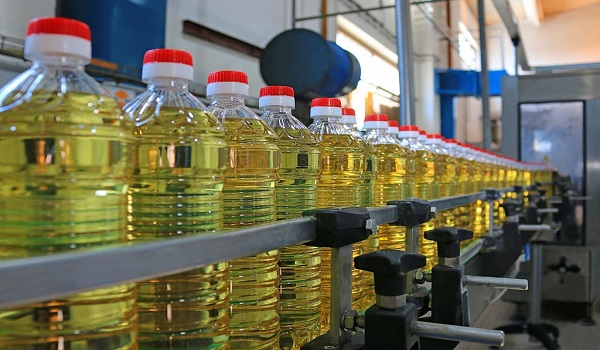The edible oil industry has urged the government to reinstate futures trading in crude palm oil and crude soybean oil, citing its critical role in price stability and farmer support. In a letter to the Centre, the Solvent Extractors Association (SEA) expressed concerns about the prolonged suspension of futures trading, which they claim has led to financial losses and increased price volatility.
The SEA highlighted that the continued ban, extended by SEBI until December 2024, has disrupted essential risk mitigation tools for the industry. Futures trading, the association argued, is vital for managing price risks, stabilizing agricultural markets, and providing reliable price signals to stakeholders, including the government.
“The absence of futures trading deprives businesses of hedging mechanisms and leaves the government without crucial price signals, creating an information gap,” the letter stated.
The association also emphasized the impact on farmers, noting that soybean prices have fallen below the Minimum Support Price (MSP) of ₹4,892 per quintal, while rapeseed prices hover marginally above the MSP of ₹5,950 per quintal. Resuming futures trading in soybean, rapeseed, and their derivatives could enhance price stability and offer better support to farmers.
The SEA pointed out that studies consistently show futures trading does not significantly contribute to inflation. With crude palm oil and crude soybean oil being globally traded commodities, the association stressed the importance of reopening futures trading to restore market confidence and operational stability.
“The suspension, which began in December 2021, was expected to be a temporary measure. However, its continuation has weakened the industry’s ability to manage risks effectively,” the SEA said.
The edible oil industry is now looking to the government to address these concerns and reinstate futures trading, enabling smoother operations, better price discovery, and stronger support for India’s agricultural economy.


